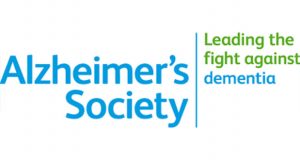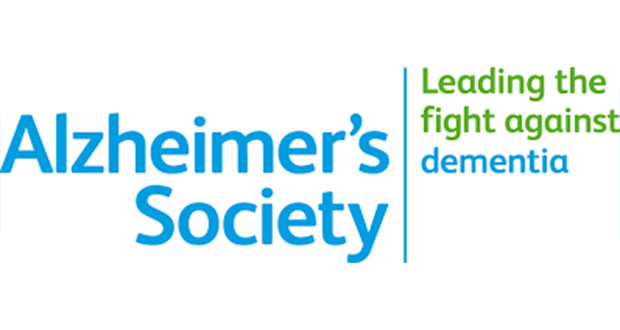Research Targets Better Support For Young People With Dementia
 Improving the support given to people diagnosed with dementia at an early age is the focus of a new project at the University of Bradford, funded by the Alzheimer’s Society.
Improving the support given to people diagnosed with dementia at an early age is the focus of a new project at the University of Bradford, funded by the Alzheimer’s Society.
The team plan to gather examples of good practice, where under-65-year-olds with dementia were given positive support that met their and their family’s needs and helped them live better with the condition.
Professor Jan Oyebode, from the University of Bradford’s School of Dementia Studies, said: “There’s a lot known about problems with the services and support provided to younger people with dementia and we don’t want to cover that ground again. What we want to find out is what works well, and what people with dementia and their families value and appreciate, so we can enable that kind of support to be offered more widely.”
Around 42,000 people under 65 in the UK are estimated to be living with dementia. The form the condition takes in younger people is more varied. Because memory loss – most commonly associated with dementia – is not always the first symptom of the disease in young people, it often goes unrecognised, resulting in delayed diagnosis.
People with young onset dementia are also at a different stage of their lives than those over 65: they may have dependent children or parents, be at a key stage of their careers, or have extensive financial commitments, all of which impacts on the kind of help they need. They are also likely to be more physically active and have different interests than the over-65s at whom current dementia services are mainly targeted.
The University of Bradford team plan to gather examples where younger people with dementia received useful support, advice, information or had a positive contact with a health professional. They will do this through online and paper surveys, focus groups and 100 in-depth interviews. The results will be analysed to create a detailed account of excellent services and what they do well, and to determine which kinds of services young people with dementia access and how this changes as their condition progresses.
In addition, the researchers will interview professionals responsible for commissioning services for people with dementia and service providers across six NHS areas, including some that have specialised services for young onset dementia, some that have ‘all age’ dementia services and some where assessment is provided by neurologists. The aim is to discover what are the barriers to providing good services for younger people with dementia and what can help in delivering and commissioning those services.
“Only a quarter of the country has access to a dedicated service for younger people with dementia,” said Professor Oyebode. “Our aim is to look at this from both sides: from the perspective of the people with dementia and families who need these services and from those who are trying, and in some cases succeeding, to supply them. We hope that the outcomes from the research will encourage those providing dementia services to offer care that is suitable and appropriate for younger people.”
The research forms part of the Angela Project, led by University College London and named after a 51-year-old woman whose dementia took three years to diagnose. In addition to the research by the University of Bradford team on post-diagnosis support, the three-year Angela Project will also look at ways to improve and speed up diagnosis of dementia in younger people.
Dr Doug Brown, Director of Research at Alzheimer’s Society said: “A diagnosis of dementia is life-changing at any age. It is essential that everyone with a diagnosis is able to receive timely information, support, access to treatments and have time to plan for the future. The unique challenges of young onset dementia mean that specialist help is often needed but far too often it is not available. This is why Alzheimer’s Society is proud to be funding this project, which takes a vital step in improving diagnosis and services for younger people living with dementia across the UK.”






